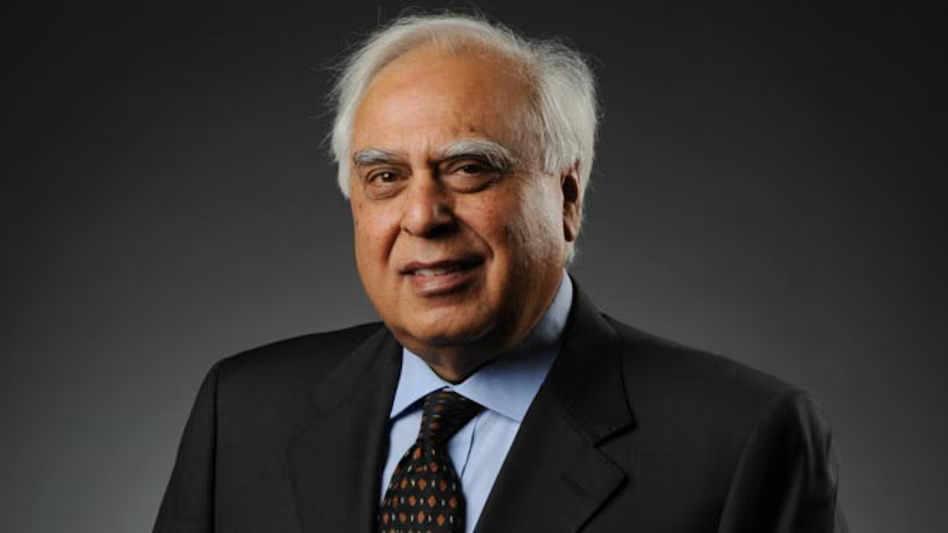Priyanshu
In recent discussions, Senior Advocate Kapil Sibal has highlighted a growing concern within the Indian legal system, particularly focusing on the reluctance of trial courts to grant bail in high-profile or significant cases. Sibal’s remarks bring to light a deeper issue within the judiciary, suggesting that this hesitation is symptomatic of a larger malaise affecting the criminal justice system.
Sibal’s observations are rooted in the principle that bail, not jail, is a cornerstone of the criminal justice system, aimed at preserving the presumption of innocence until proven guilty. However, recent trends indicate that trial courts increasingly deny bail in cases that attract substantial media attention or involve serious charges, irrespective of the strength of the evidence or the likelihood of the accused absconding or tampering with evidence.
This shift can be traced to multiple factors. One of the primary concerns is the influence of public opinion and media coverage, which often exerts undue pressure on the judiciary. In high-stakes cases, where the public and media are intensely focused, trial courts may fear criticism for granting bail, leading to a more conservative approach.
Moreover, Sibal points out that this reluctance reflects a broader issue within the judiciary—the erosion of judicial independence. The judiciary, particularly at the trial court level, may feel compelled to align with the prosecutorial stance, especially in cases involving powerful entities or individuals, to avoid potential repercussions.
The implications of this trend are significant. It undermines the fundamental rights of the accused, particularly the right to liberty, and contributes to the overcrowding of prisons with undertrial prisoners. This situation is exacerbated by the slow pace of trials, which means that many accused individuals languish in jail for extended periods without being convicted.
Sibal’s critique also touches upon the need for judicial reform to address this issue. He advocates for a more robust application of bail laws, where the decision to grant or deny bail is based purely on legal principles rather than external pressures. Additionally, there is a call for greater accountability and training for judges at the trial court level to ensure that they are equipped to handle complex cases without succumbing to external influences.
In conclusion, the reluctance of trial courts to grant bail in significant cases, as highlighted by Kapil Sibal, is not merely a procedural issue but a symptom of deeper challenges within the Indian judiciary. Addressing this malaise requires a concerted effort to reinforce judicial independence, uphold the rights of the accused, and ensure that justice is administered fairly and impartially. As the legal community continues to debate and discuss these concerns, it is imperative that reforms are implemented to restore faith in the judicial process and protect the fundamental principles of justice.

